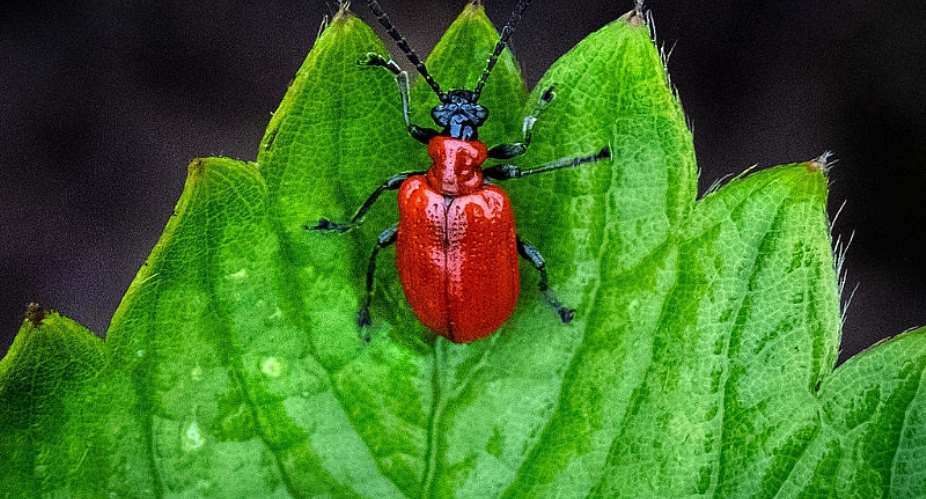Two in five of the world's plant species are at risk of extinction – twice as many as previously thought – scientists warn.
A report released Wednesday as world leaders address a UN summit on Biodiversity says the unprecedented loss of the natural world will have dire consequences for human health.
The work of 210 scientists in 42 countries was used to compile the latest State of the World's Plants and Fungi, by the Royal Botanic Gardens in Kew, Britain.
With 40 percent of plants at existential risk, and many fungi also threatened, researchers say they are in a “race against time” to find and save new species before they disappear.
Some 140,000 plants species are threatened, up from an earlier estimate of 21 percent from four years ago – with farming identified as the number one threat.
“We are living in an age of extinction,” said Kew director of science, Alexandre Antonelli. “Never before has the biosphere, the thin layer of life we call home, been under such intensive and urgent threat.”
Green opportunities
While only a handful of crops are used to feed a growing global population, the report found more than 7,000 edible plants had the potential to become future crops.
In addition, some 2,500 plants had the potential to become biofuel crops, providing energy for millions worldwide.
Last year alone, more than 4,000 species of plants and fungi were discovered – including some that might be valuable as foods or medicines.
- 'Saving nature' at heart of coronavirus recovery, world leaders vow
- Biodiversity crisis 'as big a threat as climate change'
“Understanding which plants and fungi are threatened is vital to halting biodiversity loss and minimising future extensions, the report said.
“New tools and approaches are helping us to improve how we set conservation priorities.”
The researchers want to see improved risk assessment techniques, including greater use of AI technology, and are calling for increased funding for plant conservation.
Nature pledge
On Monday, 64 world leaders pledged “broad” and “urgent” action to stop the destruction of the world's biodiversity, which they described as a “planetary emergency”.
While 2020 was dubbed a “super year for nature”, the Covid-19 pandemic forced all major climate and biodiversity events – in Glasgow, China and Marseille – to be postponed until next year.
Only the UN Summit on Biodiversity, being held in a virtual format, has been maintained.





 Akufo-Addo commissions Phase II of Kaleo solar power plant
Akufo-Addo commissions Phase II of Kaleo solar power plant
 NDC panics over Bawumia’s visit to Pope Francis
NDC panics over Bawumia’s visit to Pope Francis
 EC blasts Mahama over “false” claims on recruitment of Returning Officers
EC blasts Mahama over “false” claims on recruitment of Returning Officers
 Lands Minister gives ultimatum to Future Global Resources to revamp Prestea/Bogo...
Lands Minister gives ultimatum to Future Global Resources to revamp Prestea/Bogo...
 Wa Naa appeals to Akufo-Addo to audit state lands in Wa
Wa Naa appeals to Akufo-Addo to audit state lands in Wa
 Prof Opoku-Agyemang misunderstood Bawumia’s ‘driver mate’ analogy – Miracles Abo...
Prof Opoku-Agyemang misunderstood Bawumia’s ‘driver mate’ analogy – Miracles Abo...
 EU confident Ghana will not sign Anti-LGBTQI Bill
EU confident Ghana will not sign Anti-LGBTQI Bill
 Suspend implementation of Planting for Food and Jobs for 2024 - Stakeholders
Suspend implementation of Planting for Food and Jobs for 2024 - Stakeholders
 Tema West Municipal Assembly gets Ghana's First Female Aircraft Marshaller as ne...
Tema West Municipal Assembly gets Ghana's First Female Aircraft Marshaller as ne...
 Dumsor is affecting us double, release timetable – Disability Federation to ECG
Dumsor is affecting us double, release timetable – Disability Federation to ECG
